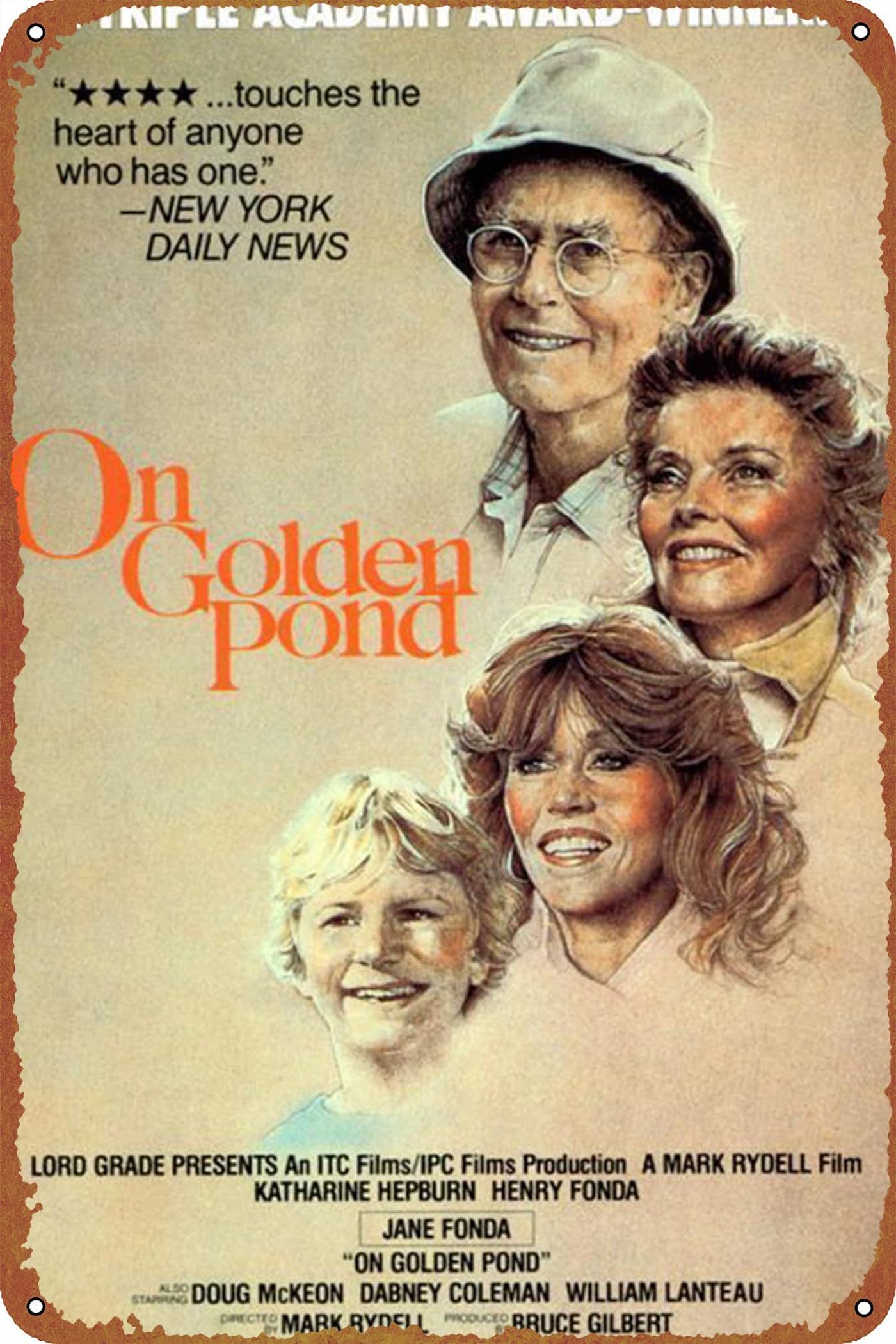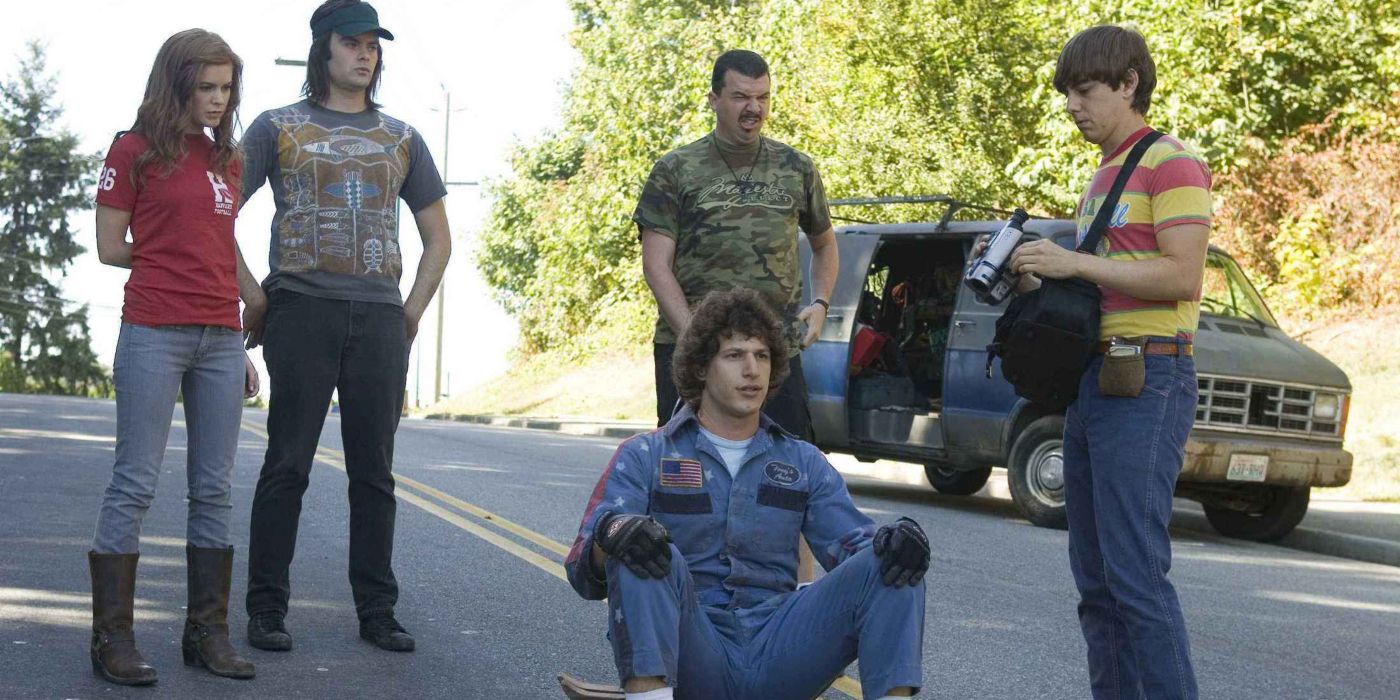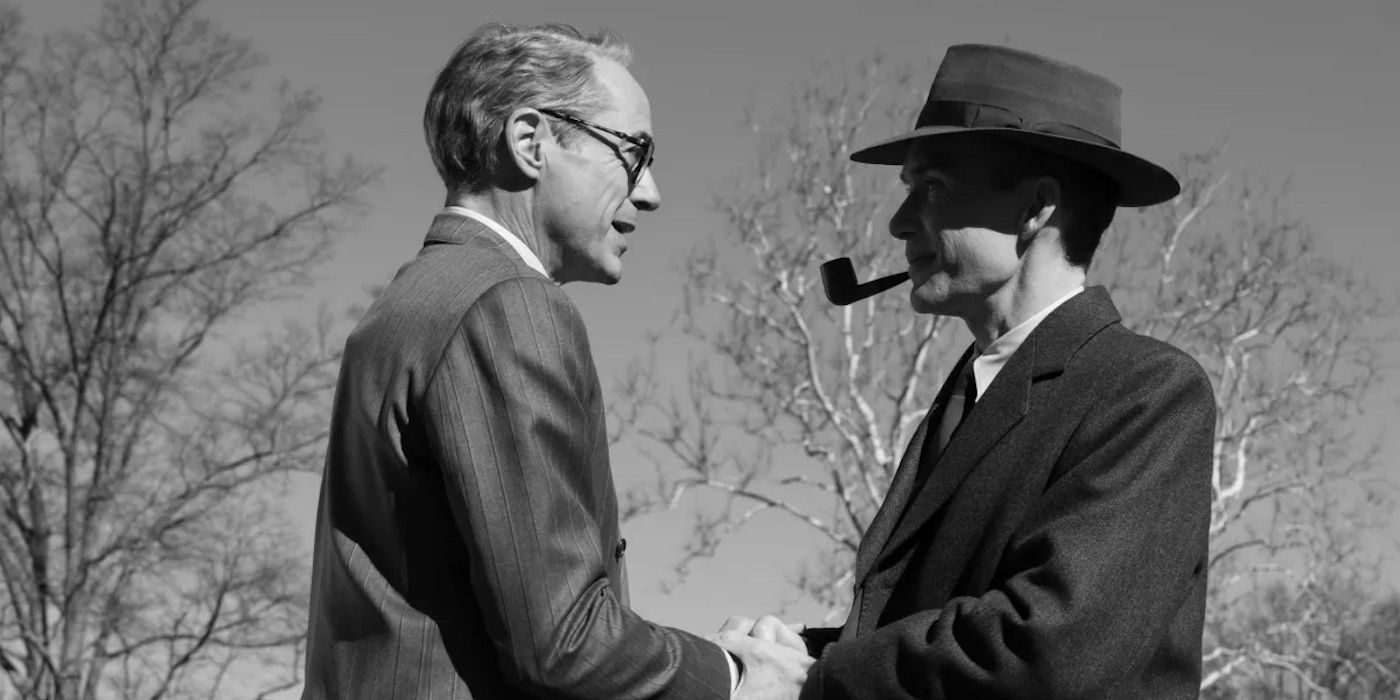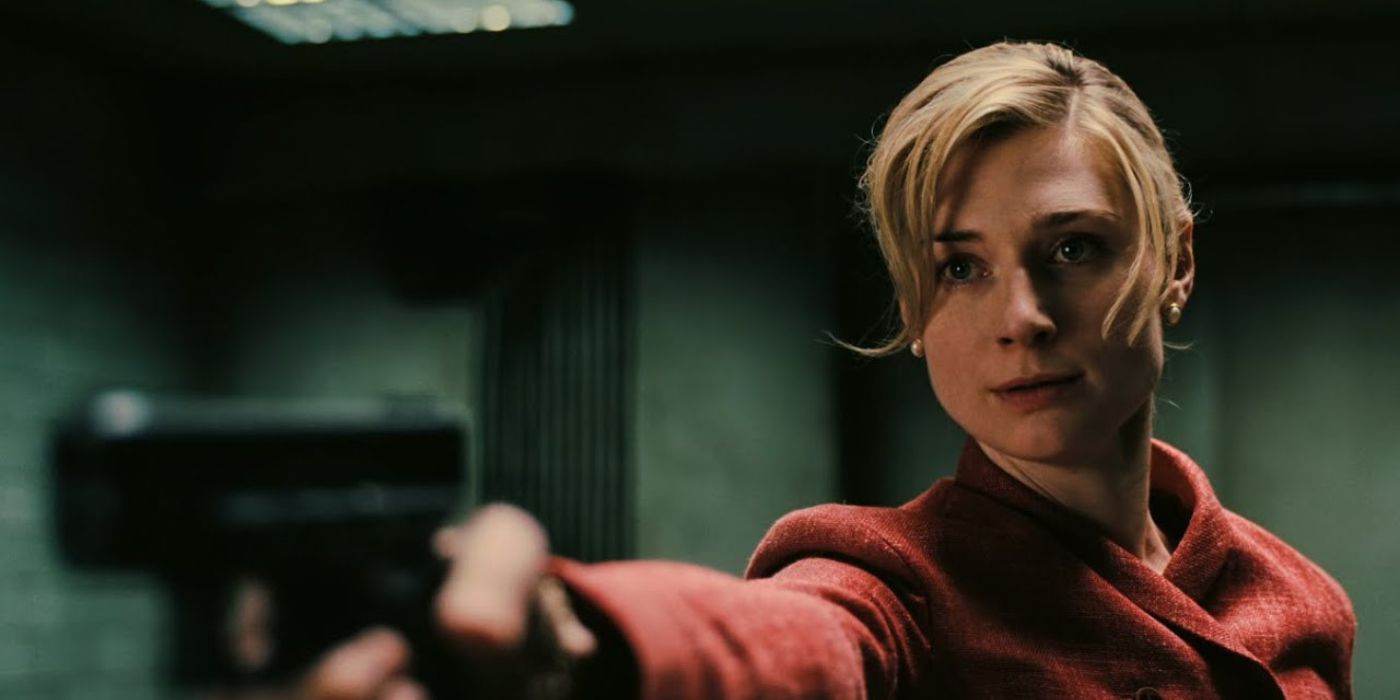The Big Picture
-
Tenet
and
Oppenheimer
are linked thematically, but offer opposite perspectives on future. -
Tenet
values trust and teamwork, while
Oppenheimer
is full of betrayal and despair. - While
Tenet
features hope for the future,
Oppenheimer
presents despair over nuclear weapons.
Tenet‘s current IMAX and 70mm re-release is, in part, meant to promote Dune: Part Two, with screenings of the former film containing an exclusive preview for the latter. But it’s also the latest result of the increased attention to and popularity of director Christopher Nolan because of his latest award-winning film, Oppenheimer. Oppenheimer and Tenet have always been linked somewhat beyond simply being Nolan’s two most recent films. Tenet contains an important dialogue scene referencing J. Robert Oppenheimer, the famous scientist the latter film explores. The two films are further connected by Tenet actor Robert Pattinson giving Nolan a book of Oppenheimer’s speeches which played a role in convincing Nolan to commit to making the biopic his next project. But beyond these anecdotal links, the films also have deeper connections related to plot, character, and story that result in them essentially serving as one another’s thematic opposites.



Tenet
Armed with only one word, Tenet, and fighting for the survival of the entire world, a Protagonist journeys through a twilight world of international espionage on a mission that will unfold in something beyond real time.
- Release Date
- August 22, 2020
- Runtime
- 195
What Are ‘Tenet’ and ‘Oppenheimer’ About?
Oppenheimer revolves around the titular physicist, played by Cillian Murphy, before, during, and after his most famous scientific achievement, the creation of the atomic bomb. Tenet is a science fiction film in which the unnamed Protagonist (John David Washington), an elite covert agent, discovers the existence of “inversion,” a technology created in the future that reverses the entropy of objects or people, making them appear to move backward in time, and races to prevent it from being used to potentially destroy the world. During a conversation between the Protagonist and Priya (Dimple Kapadiya), a high-ranking member of Tenet, a secret organization devoted to protecting the world from threats related to inversion, the latter refers to the future scientist who creates inversion as her generation’s equivalent to Oppenheimer, emphasizing the thematic similarities between inversion and nuclear weapons. However, while this highlights how the two films explore similar thematic territory, they mostly approach it from very different perspectives.
Tenet Looks to the Future With Hope, Oppenheimer With Despair
While they are not without humor, Nolan’s films are known for being generally dark and serious, and neither Tenet nor Oppenheimer is an exception. That said, the former is a much more optimistic work than the latter. Throughout Oppenheimer, significant attention is paid to a discussion Robert has with Albert EinsteinTom Conti), the content of which is only revealed at the end of the film. Robert recalls a previous meeting they had in which he told Albert his team’s concerns that detonating a nuclear weapon could cause an uncontrollable chain reaction that would ignite the Earth’s atmosphere, likely ending all life on the planet. He tells Albert that even though none of the tests or uses of nuclear weapons have yet caused such a reaction, he still feels that by creating the bomb, he and his co-workers have essentially doomed the world. The technology of inversion is shown as a similar kind of dangerous knowledge in Tenet, especially when it is discovered that an algorithm that would allow the entropy of the entire planet to be inverted, with possibly apocalyptic effects, has been sent back in time in pieces, with Russian oligarch and terminally ill criminal Andrei Sator (Sir Kenneth Branagh) planning to use it at the moment of his planned suicide. But the 2020 film comes to a much more reassuring conclusion.
The Protagonist works with an assortment of Tenet agents, including lead officers Neil (Pattinson) and Ives (Aaron Taylor-Johnson), and Sator’s abused and estranged wife Kat Barton (Elizabeth Debicki) to stop the plot, which they succeed in doing, with the Protagonist, Ives, and Neil agreeing to separate and hide the pieces of the algorithm so that a similar threat can’t arise in the future. Although Neil, who inverted his entropy twice during the climactic mission, also has to knowingly sacrifice his life to maintain the timeline in which they are successful. This makes the ending effectively bittersweet, but even such a hard-won victory is a lot more satisfying than the profound anxiety provoked by Oppenheimer’s conclusion, which, of course, is all the more frightening because the threat posed by nuclear weapons is real.
The final voice-over narration in Tenet, delivered by Neal, emphasizes the differences in the films’ perspectives. As the Protagonist kills Priya and one of her operatives to protect Kat and her son and completes the film’s time-looping narrative by assuming his position as Tenet’s founder and leader, Neal’s voice muses on the secretive and thankless nature of Tenet’s work, noting how “We’re the people saving the world from what might have happened,” and how even though “No one cares about the bomb that didn’t go off,” “It’s the bomb that didn’t go off, the danger no one ever knew was real, that’s the one with the real power to change the world.” Oppenheimer, as he’s portrayed in the film, would surely disagree and long for a world in which the power of nuclear weapons remained undiscovered, or at least as secret as inversion.
Tenet Values Trust, Oppenheimer Is Full of Betrayal
The opposing perspectives are also made apparent by the dynamics the films’ leads have with their peers. Although he is sympathetic and, by the end of the film, the viewer is intended to align with Robert’s regret for creating the bomb, he is also a deeply flawed character and many of the difficulties he faces in the post-war sections are, at least partially, results of his own past mistakes and misdeeds. Things like Robert’s extramarital affairs come back to bite him in the hearing over the renewal of his security clearance, with former friends and colleagues either not testifying in his favor or actively speaking against him and his relationship with deceased Communist Jean Tatlock (Florence Pugh) severely damaging his case, even though the proceedings were so thoroughly manipulated against him by Lewis Strauss (Robert Downey Jr.) that he never had much chance of winning anyway. While Strauss’ obsessive quest to ruin Robert is an almost unbelievably petty overreaction, the incident in which Robert publicly mocked Strauss’ concern about the export of radioisotopes is presented as one of several instances in which Robert’s considerable arrogance contributes to creating future problems for him.
Tenet, on the other hand, places endearing emphasis on the importance of friendship, teamwork, and loyalty. The Protagonist is, admittedly, somewhat manipulative of Kat, taking advantage of a legal vulnerability of hers to get her to get him close to Andrei and all but forcing her to work covertly against the latter in the finale. But his ultimate dedication to making sure she and her son are safe mostly redeems him for this and highlights his humanity. Ives is the most ruthless of the films’ heroes, but even his warning that he will come looking for Neil and the Protagonists’ algorithm pieces comes across as halfhearted (and is ultimately inconsequential given the reveal that the Protagonist is in charge of Tenet). The bond between the Protagonist and Neil is about as different a dynamic as one can get from the venomous feud between Robert and Strauss. The Protagonist gets suspicious when Neil shows more knowledge of inversion than he should have, fearing that he could be a double agent and is initially angry upon learning that he’s been secretly working for Tenet the whole time. But the characters show their maturity by quickly moving past this tension, both for the sake of the mission and because of their simple affection for one another. Washington and Pattinson’s performances throughout the film make it clear that the pair admire one another and simply enjoy each other’s company, making Neil’s explanation that the Protagonist initially recruited him into Tenet and that “for me, this is the end of a beautiful friendship,” before his death extremely emotional.
The Films’ Female Characters Have the Opposite Relationship
However, the roles of the films’ main female characters invert the usual dynamic between the stories. Kat and the similarly named Kitty Oppenheimer (Emily Blunt)are both presented with difficult personal challenges that relate directly to their films’ respective political storylines. During the final mission in Tenet, Kat travels back in time to moments after a major argument she had with Andrei while they were on a family vacation. Kat attempts to prevent him from killing himself, or at least stall his plan to do so until the Tenet agents have secured the algorithm so that the dead man’s switch he connected to it doesn’t trigger the global inversion upon the moment of his death. But while she initially does a good job of charming Andrei with faux obedience, she eventually can no longer bear the idea of him dying thinking his mad plan was successful, declares her hatred, and fatally shoots him, despite not knowing if the algorithm is secured, which Ives, Neil, and the Protagonist only manage to do at the last possible second. Although her hatred of Andrei is understandable, given his horrific treatment of her, it’s hard to argue that this decision is not selfish of Kat, given the catastrophe Andrei’s early death could cause. The character has received criticism and is often cited as an example of the idea of Nolan not portraying the female characters in his films well, given that she places her emotions over the safety of the entire world, while the men in the film stay focused on the mission.
Kitty’s role in Oppenheimer, on the other hand, comes to a surprisingly uplifting conclusion and could be used as evidence to defend Nolan from the same criticism. In the scenes devoted to Robert’s security clearance hearing, Lloyd K. Garrison (Macon Blair), Robert’s lawyer, expresses concern that Kitty’s testimony will ruin Robert’s case, given factors like their marital problems and Kitty’s past associations with Communism. However, Robert remains confident in her, and she proves him right, showing admirable resilience in the face of Roger Robb’s (Jason Clarke) absurdly aggressive questioning, making it clear that she no longer supports Communist ideals and even seemingly managing to bolster Robert’s case a bit. By subverting the expectations of the other men involved in the hearing, Kitty also shows that Nolan is capable of subverting part of the audience’s expectations of him by depicting female characters in more positive and multi-faceted ways than he is sometimes given credit for. However, since both Kitty and Kat’s parts in their respective struggles ultimately prove futile, given that Robert still loses his security clearance and Andrei’s death doesn’t destroy the world, the films ultimately return to their usual dynamic of Tenet being optimistic and Oppenheimer pessimistic.
The Films’ Opposite Stories Show Nolan’s Versatility
Ultimately, Oppenheimer’s apocalyptic warnings, particularly about the continued danger of nuclear weapons, come across a bit more strongly, mostly because of their real-world relevance. But Tenet’s messages about the importance of cooperation and sacrifice and optimistic outlook on the future are also powerful. The fact that Nolan was able to deliver such directly opposing ideas in stories that are both so effectively told emphasizes why he is one of the world’s most versatile filmmakers.
Tenet is available to stream on Prime Video.
Watch Now





